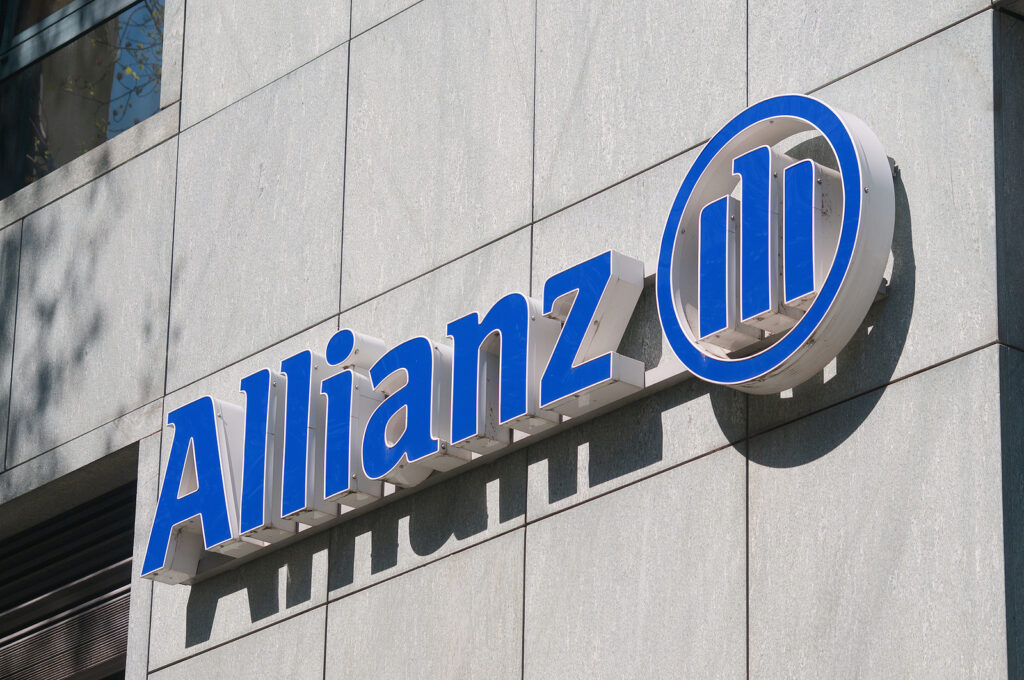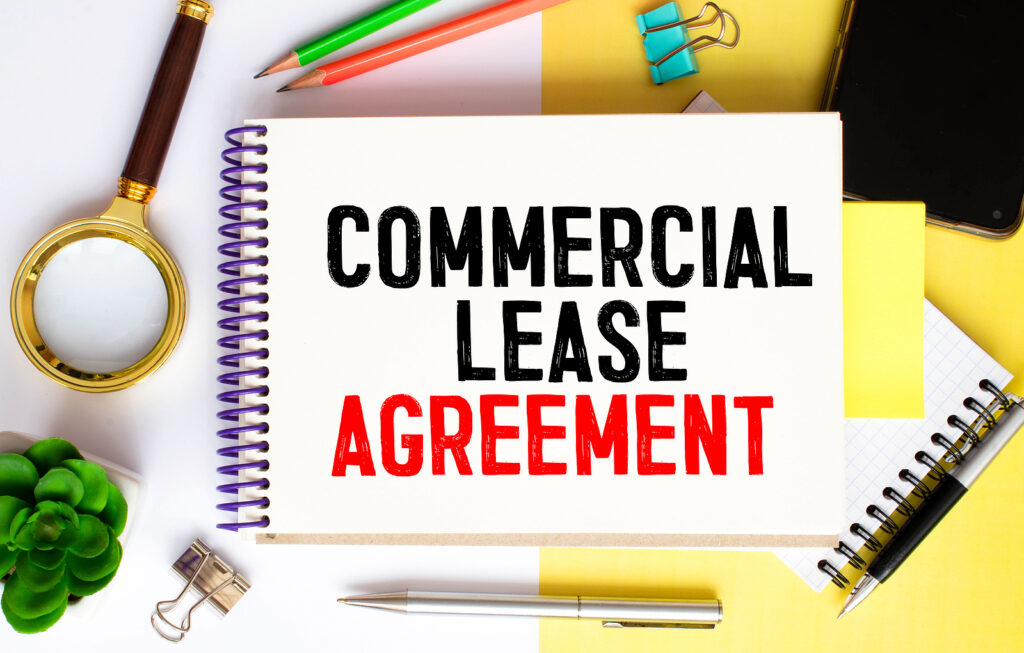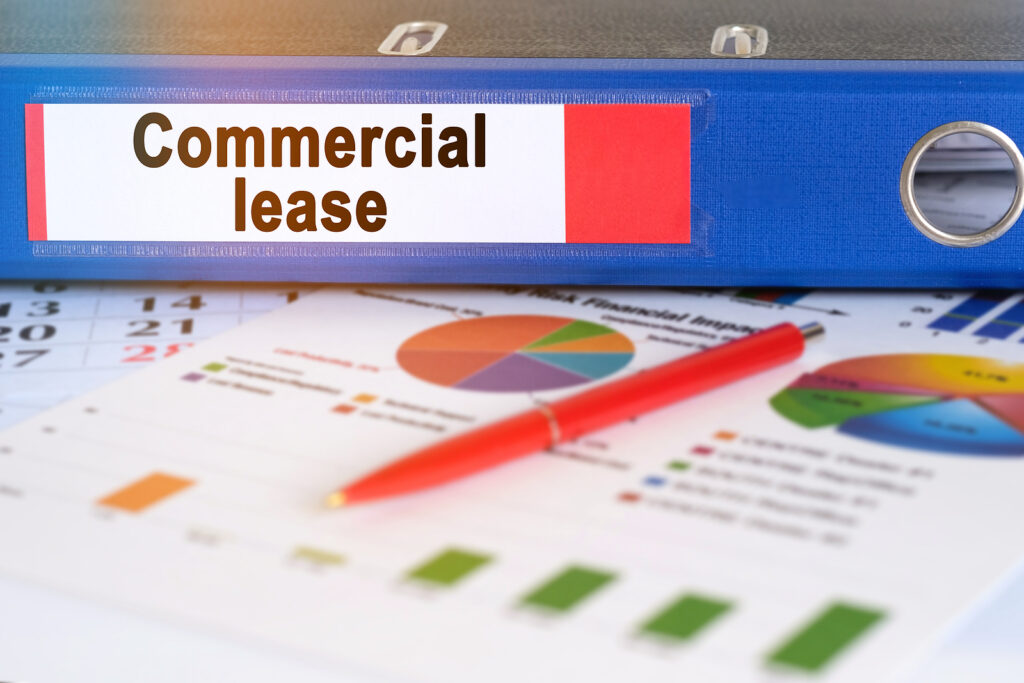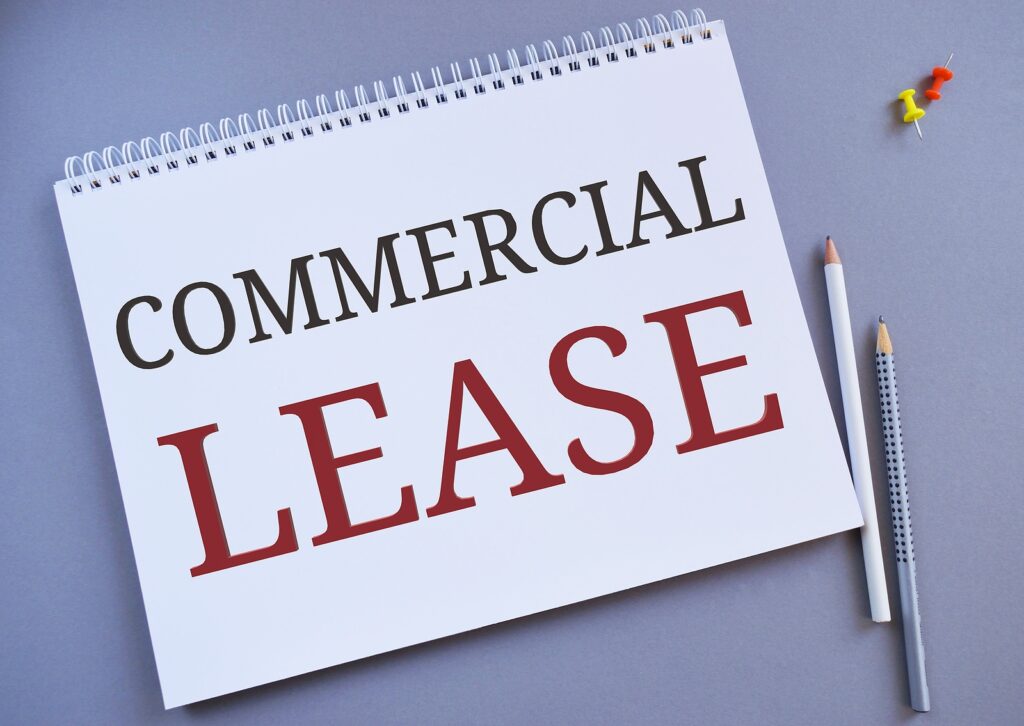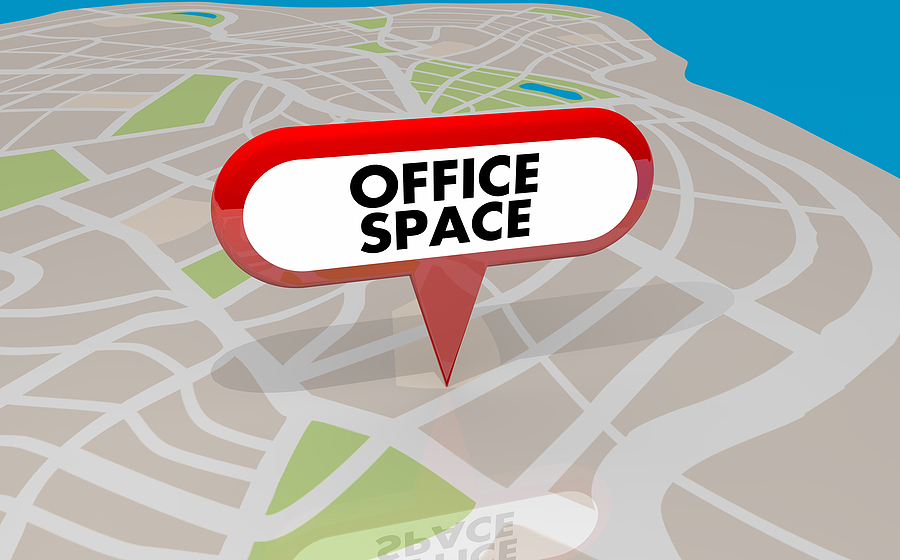Although landlords and real estate developers also benefit from today’s technology, the current and evolving advancements available to commercial tenants really provides them with the upper hand in leasing commercial space. Continue below to learn the top 3 ways the technological advancements of today can help commercial tenants get the best deal in the best location possible, plus who to call for professional tenant improvement remodeling and construction in Central Indiana.

Corporate Tenants Benefit From Commercial Real Estate Technology
The evolving technology of today has really affected corporate tenants in a positive way by enhancing their experience in the commercial leasing industry. Depending on which resources and technologies chosen, corporate tenants can benefit from easier lease management solutions, expanded property touring, and successful negotiations.
Lease Management Solutions
Landlords and property management companies have long had access to programs and software systems that help them organize, track, monitor, and management their leases. But today, corporate tenants also have access to such technologies. As a corporate tenant, you can procure your own commercial lease office management software to help you keep track of important dates within your lease agreement, terms and conditions, lease amendments, claims, and more.
Even better, there are brand new software programs of this sort that will keep track of occupancy expenses and compare such expenses to your lease terms. This software can help lower business costs, especially for companies with a portfolio of multiple office leases.
Expanded Property Viewing
Not only do tenants have the upper hand when it comes to staying on top of their corporate lease agreement, but they can now benefit from advanced property viewing and touring. With innovative technologies like exterior drones, interior infrared drone cameras, and 3D modeling programs, which work similar to virtual reality, allowing 360 degree views and a real-life perspective of a property. In fact, there is even talk right now about smartphone-compatible immersive virtual reality technology applications that can place potential tenants inside the property for an up-close look. Only the future will tell!
Effectual Lease Negotiations
Technology has by far given corporate tenants an advantage in terms of lease negotiations. With just a click of a button, potential leasers can view and adjudicate virtually all market data for a property before even making a call to schedule an on-site tour. This gain can trigger tenants to make more impulsive selections and de-selections during the initial phase of the commercial office search. Additionally, this access to market data tells corporate tenants what the current market conditions are for such real estate, which in turn allow them to better evaluate leasing deals.
But this is not the only market research tech that gives commercial tenants the upper hand; there is also commercial real estate data exchange platforms available, which combines market research and social media data. This program lets tenants get additional information on rent and lease deals, free rent credits, and even tenant improvement allowances.
Are you looking for a qualified tenant improvement contractor to help remodel your office space into a place that best meets the overall objectives of your business? Contact BAF Corporation at 317-253-0531 for commercial tenant improvement remodeling and construction in Indianapolis, Indiana. We serve commercial and industrial clients all throughout the state.
Related Posts:
Who Pays for the Cost of the Tenant Improvements?
4 Tips for Planning a Tenant Occupied Building Renovation
How to Make the Most of Your Tenant Improvement Allowance

